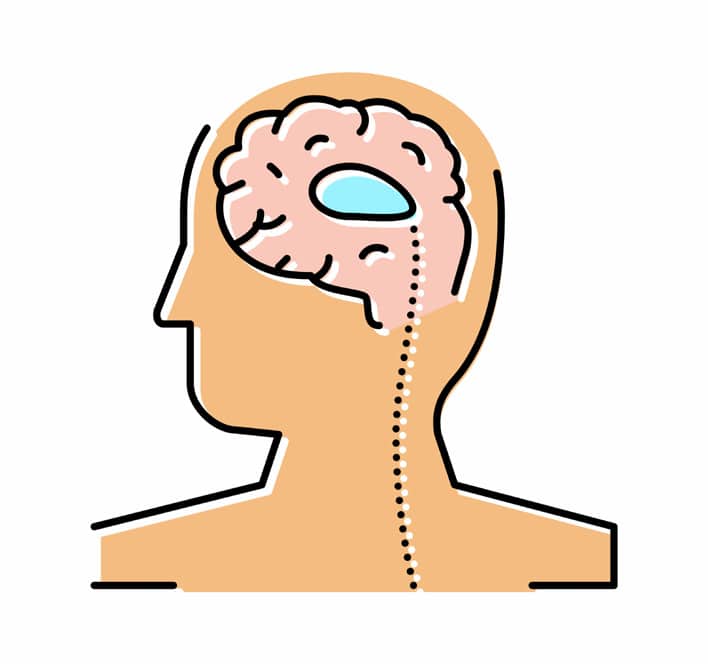Chronic back pain is among the most common medical problems in the United States caused by automobile accidents, slip-and-falls, or lifting heavy items. Spinal disorders can also develop gradually due to degenerative disc diseases, inflammatory disorders, or other back-related medical conditions.
Treatment to reduce the likelihood of developing chronic or long-term back pain varies depending on the cause and symptoms. While surgery may be done to help correct the issue, it doesn’t always work. That’s where revision spinal surgery comes into play. Here’s everything you need to know about revision spinal surgery.
What Is Revision Spinal Surgery?
Revision spine surgery is a surgical procedure used to correct a previous neck or back surgery that did not produce the intended results. Every year, millions of Americans undergo spinal surgery to relieve their back pain. Sometimes, however, the initial spinal surgery is unsuccessful, and patients experience persistent post-surgical pain or other complications. In such cases, they may require revision spine surgery.
You are not alone if you’ve undergone an unsuccessful spine surgery. According to the American Society of Anesthesiologists (ASA), 20-40% of back surgeries fail. Tempting as it is to dissect your first operation to figure out why it failed, more often than not, other contributing factors unrelated to your first surgery are to blame.
Common Reasons and Symptoms That Indicate You Need a Revision Spinal Surgery
If your doctor has recommended revision spine surgery as a treatment option, you’ve probably experienced extended periods of dull or sharp pains. Your initial diagnosis and symptoms will determine your need for revision spine surgery after the first surgery. You may be a candidate for the revision spine surgery procedure if:
- You have balance issues
- You have a spinal deformity that your surgeon attempted to correct but failed
- Your pain returned right after your initial surgery, indicating it was caused by nerve compression
- The pain returned quite a bit after surgery, possibly because of an infection or a sign that deterioration was not mitigated
Your doctor will order multiple diagnostic tests and perform various physical examinations to establish whether you require another operation after carefully reviewing your test results. A spine neurosurgeon will then perform a revision surgery using advanced surgical techniques to help you finally find the relief you require for better health. Here are the six most common conditions that might be treated with revision spine surgery:
- Discectomy: This procedure involves removing disc material that has been torn off or completely separated.
- Recurrent Herniated Disc: Sometimes the disc may herniate again, necessitating revision surgery. Your surgeon may recommend fusing the vertebrae or replacing the rest of the disc with an artificial one.
- Pseudoarthrosis: This complication is more common in people who have had spinal fusions without hardware. You may have pseudoarthrosis if months have passed since your initial surgery and your bones haven’t fused.
- Adjacent Segment Degeneration (ASD): This is a condition whereby the joints above or below the spinal surgery site undergo anatomical changes.
- Implant Migration: After spine surgery, hardware such as screws and rods used in the procedure may come away from the bone with time.
- Failed Surgical Procedures: These can result in herniated discs, slipped vertebrae (spondylolisthesis), pinched nerves due to scar tissue buildup, infections, and more.
Revision spine surgery is a crucial procedure for addressing various issues that arise following failed spinal treatments. A highly skilled surgeon can evaluate your case and recommend a surgical plan tailored to your needs, translating to a stress-free recovery time.
Benefits of Undergoing Revision Spinal Surgery
There are many potential benefits of undergoing revision spinal surgery, especially if your doctor or another medical specialist recommends you look into this as a treatment option. The following are positive aspects of this kind of surgery:
- Minimal scarring
- Low risk of surgical issues, including those relating to infection
- Fast recovery
- Easy to accurately diagnose your condition
- Use of fine instruments allow great precision, meaning there is minimal impact on surrounding areas
- Short hospital stays and options for outpatient treatment
- Comfort as a priority
- Reduction in pain, discomfort, and other negative symptoms
If you are unsure whether you will benefit from revision spinal surgery, or whether you are eligible for this kind of treatment, we encourage you to speak with a doctor. Your medical professional team will be able to answer any questions and calm any concerns you might have about your condition and other treatment options that might be available to you.
Contact NJ Spine & Orthopedic for Specialized Back Pain Care
A failed back surgery can cause additional complications brought about by a misdiagnosis, lack of fusion, hardware malfunction, surgeon error, or infection after a past surgery. A revision spinal surgery can be used to correct a previous operation that did not relieve your pain.
The decision to undergo another surgery isn’t easy. Why not partner with a team that will work with you to ensure you make an informed decision based on your needs? At NJ Spine & Orthopedic, we provide various treatment options for all types of spinal disorders, including minimally invasive and complex surgeries.
Our Concierge Team is also here to help you answer any questions you may have while putting together whatever materials you may need for your appointment. Call us at (866) 553-0612 or fill out our contact form to schedule an appointment today.

